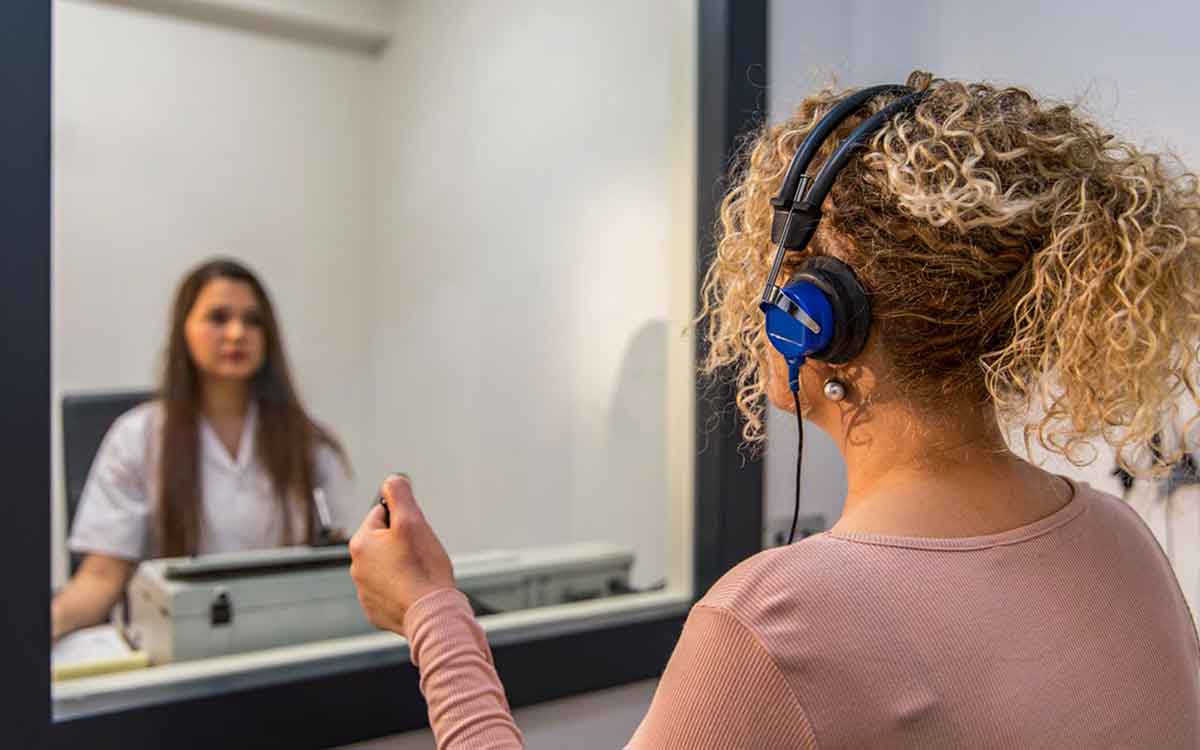
When should you get a hearing test? Here are some signs you should have your hearing checked.
Recently, my children expressed discontent with the loud volume of the TV. My answer …” What?!” It was funny because it was a joke. But it also wasn’t. The volume of the TV has been escalating. And I began to ponder: Should I get a hearing test?
There aren’t many reasons not to schedule a hearing test. They aren’t invasive, there’s no radiation, and you don’t have to be concerned about discomfort. You just need to take a brief moment to schedule an appointment.
Thinking about how much untreated hearing loss can impact your health, it’s important to be more cautious about it.
You should have your hearing tested if you observe these signs
If you’ve recently noticed any symptoms of hearing loss, it’s probably a good idea to get a professional hearing assessment. Obviously, if things are hard to hear, that’s a fairly strong indication of hearing loss.
- It’s difficult to hear in noisy venues: Have you ever been to a crowded or noisy room and had difficulty keeping up with the conversation because of all the background noise? That might be a sign of hearing loss.
- It sounds like everyone’s mumbling all the time: In some cases it’s not loss of volume you need to worry about, it’s a loss of definition.
- You’re always overlooking text messages: Your phone is designed to be loud. So, if you’re constantly missing calls or text messages, it could be because you’re noy hearing them.
- Ringing that won’t go away: Ringing in your ears, also known as tinnitus, is often a sign of hearing damage.
Here are several other situations that suggest you should arrange a hearing assessment:
- Your ear is still blocked following an infection
- Surplus earwax has amassed and can not be removed by self-cleaning methods
- Medicines you’re using may be damaging your hearing
- It is difficult to determine the source of sounds
- You have vertigo
Routine checkups
Even if you’re not experiencing any noticeable symptoms, it’s still important to schedule regular hearing exams.
- Get a baseline test done at some point after you’re 21.
- If your hearing is normal, get hearing screenings every three years.
- If you demonstrate signs of hearing loss, get it checked immediately and then yearly after that.
Routine assessments can help you detect hearing loss before any red flags appear. Early expert attention can considerably increase your chances of maintaining healthy hearing over time. So you should decrease the volume on your television and consider setting up a hearing assessment.
